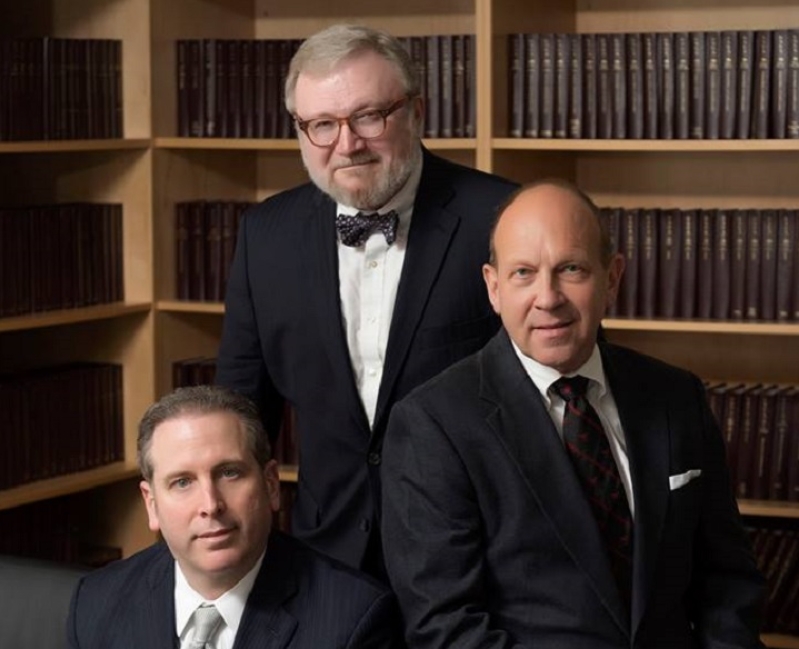
A law firm committed to representing only religious institutions and individuals was launched Tuesday in New York City, becoming the first of its kind in the city.
Nelson Madden Black LLP was founded by three lawyers from different religious backgrounds: Jonathan Robert Nelson, John B. Madden and Barry Black. It holds the single objective to provide legal counsel for "all faiths and faithful."
The law firm promises to provide "a full spectrum of litigation, transactional and advisory legal services to religious institutions and individuals" and to be "wholly dedicated to the needs of religious clients."
With only a few law firms across the country focusing on serving religious institutions, there is a great need for lawyers who are well versed in the issues that such institutions face. Nelson, Madden and Black realized they shared a common passion to use their profession in helping religious groups and decided to set up the firm.
"There are over 7,000 places of worship in New York City, and they need lawyers who understand their issues," co-founder Jonathan Nelson, who was a civil and corporate litigator, said. "Religious organizations have been underserved by our profession. Meeting their needs is the calling of our firm."
Before establishing the firm, the three lawyers held leadership positions in their respective churches and had legally represented various clients from the religious community, including Christians, Hindu, Muslims and Jews.
Nelson, who serves as a ruling elder in the Presbyterian Church, was the head counsel for Fifth Avenue Presbyterian Church when it battled against the Giuliani administration for the right to allow homeless people to stay on the church's steps.
Madden, who is part of the Episcopal Diocese of New York's real estate committee, was the former general counsel for the developer of the billion dollar Lincoln Center Development Project.
Black served as an ordained cantor for a synagogue in Long Island for 30 years. He handled various cases for religious clergy and religious institutions, including criminal proceedings, employment disputes and conflicts within organizations.
The three lawyers believe their knowledge about religious institutions gives them an edge in representing such groups, which have "unique needs."
"Banks and pharmaceutical companies expect to be served by lawyers who understand their organizations. Religious clients should expect no less," Black said. "In fact, given the unique needs of religious entities and the specialized laws that affect them, it's vital for them to have counsel who are part of their world and profoundly understand it. That's what we're providing."







